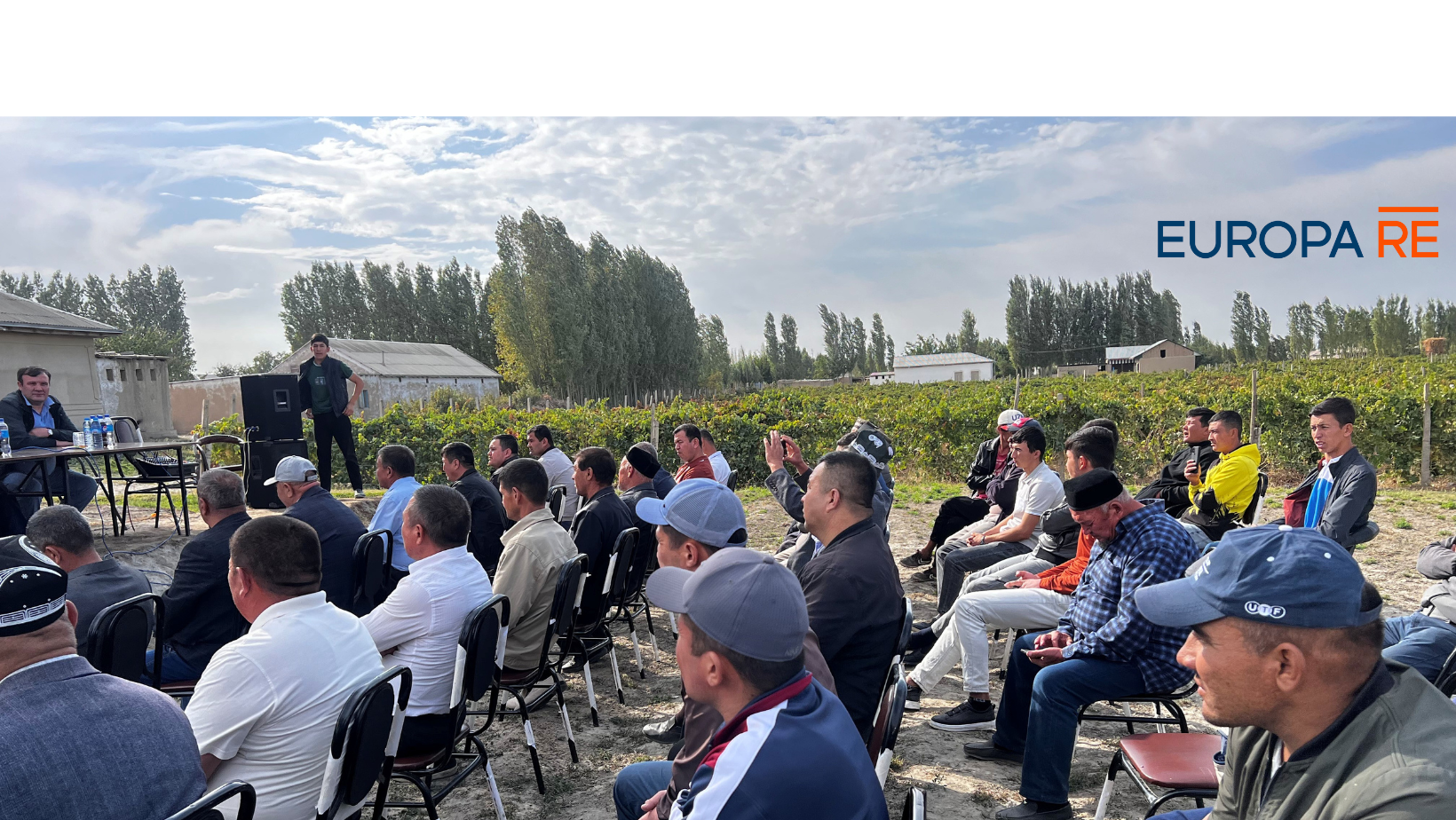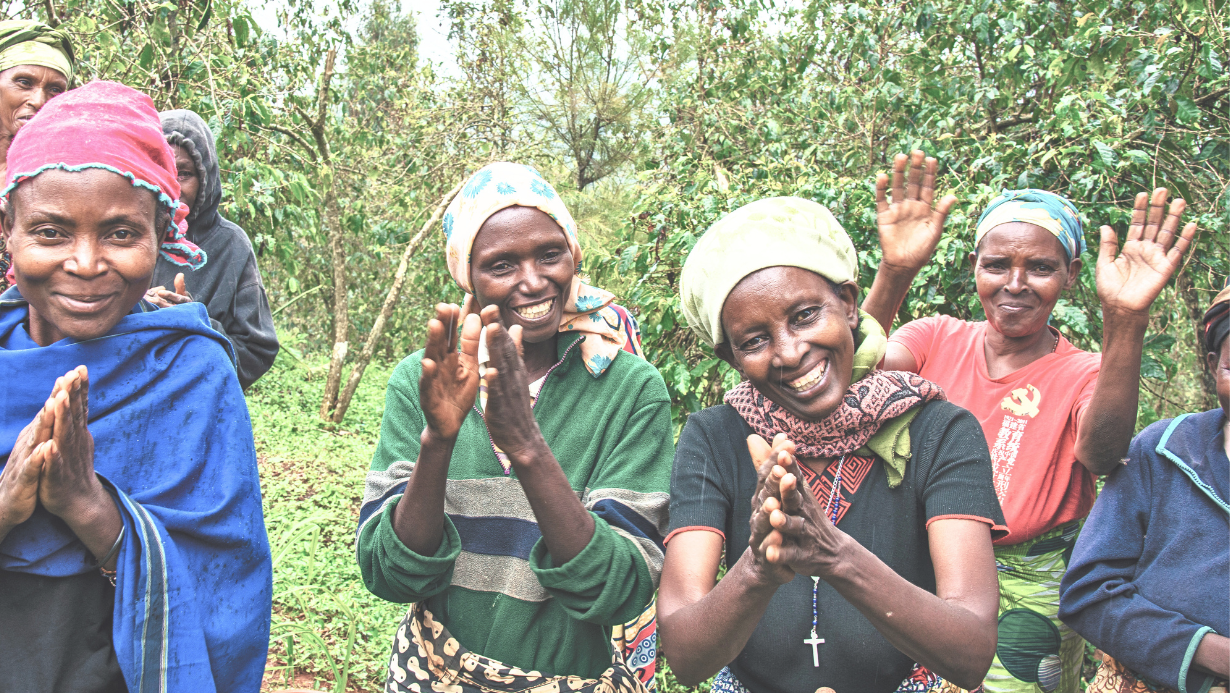Empowering the underserved with digital financial services: Case study of ASSILASSIME Solidarité, Togo

Despite a recent improvement in its Human Development Index (HDI),Togo faces major challenges in addressing poverty and social protection for low-income populations, especially in rural areas (58.8% of the population live with less than USD 1.90 daily).
To enhance financial inclusion in emerging contexts, the SCBF offers technical assistance grants to support financial providers, helping them develop products and services for underserved populations. With SCBF's support, ASSILASSIME Solidarité expanded its services to include digitized loans, SMS banking, and skills development. ASSILASSIME Solidarité is a social microfinance institution that aims to empower low-income populations with social challenges such as people living with HIV, people with disabilities, and widows. It offers financial services like credit and savings to help them start or improve their income-generating activities in urban and rural areas.
This blog explores how ASSILASSIME Solidarité’s personalized approach, integrating non-financial services and technology, empowers clients by improving access to credit and financial management resources.
1. The challenges of financial inclusion in Togo
Many Togolese, particularly those in underserved communities, find it difficult to obtain credit from formal financial institutions. According to the Global Findex, a mere 7% [1] of the adult population aged 15 and above secured loans from formal financial entities in 2021.
In Togo, women (45.7% of female-headed households are poor) remain more vulnerable, having less access to economic opportunities, education, health, and other basic socio-economic facilities. Most of the population in Togo live in rural areas (56%) but hardly have access to banking products and services. Account ownership (43% for rural and 64% for urban; 44% for women and 55% for male [2]) in formal financial and mobile money institutions is considerably lower in rural areas than in urban areas with an average gap of 21% and for women than men with an average gap of 11%.
Apart from women’s struggles, the targeted populations in the case of ASSILASSIME Solidarité, encounter challenges that revolve around:
- Lack of formal collateral to request a loan from traditional financial institutions, which increases their reliance on informal financial sources (with high interest rates and risks)
- Unreliable documentation, such as suitable proof of identity
- Long distances between financial institutions and communities where the targeted populations live
- Absence of proper credit history and business financials
- Limited financial capability and knowledge of financial products
To address those barriers, ASSILASSIME Solidarité implemented the Amenovi (meaning “brothership” in the local language Ewe in Togo) methodology, the basis of all its products and services. The approach addresses the challenges encountered by underserved communities to provide a pathway to financial inclusion. Clients receive loans without the need for prior savings or collateral other than peer guarantors. Additionally, they are educated in financial services, business, and social management. The COVID-19 crisis prevented clients from accessing and using financial services properly and many clients experienced a decline in business revenues. In addition, clients frequently requested remote access to financial services, which motivated the institution to look for flexible solutions. ASSILASSIME Solidarité’s portfolio growth and diversification prompted the need to optimize internal processes. In 2021, ASSILASSIME Solidarité started the digital transformation process to offer remote financial services, remaining competitive and responding to its clients’ requests.
2. ASSILASSIME Solidarité’s holistic approach to financial inclusion
The Amenovi methodology originated in Bangladesh with the Association for Social Advancement (ASA). Four principles guide the methodology: group membership, progressive savings for future collaterals, individual responsibility in case of default, and continuous capacity building through regular workshops. ASSILASSIME Solidarité adapted the ASA model to the Togolese context by adding social and business management skills training and focusing on social impact at each step of the credit cycle for the group members, while encouraging the group spirit that communities foster.
The Amenovi methodology requires individual accountability and allows beneficiaries to obtain their first loan without collective guarantee or financial security. The amount and duration of the credit are tailored to each applicant, and repayment is made during group meetings. Each group member undergoes six awareness sessions covering the Amenovi principles: the importance of regular savings, the role and responsibilities of board members, accessing and managing a loan, loan contracts, reading the repayment schedule, and beneficiaries’ rights. Several other skills-building activities are offered, covering economic, social, agricultural, and health topics, according to a training plan developed based on a needs assessment. Financial education and social assistance are the main complementary services delivered.

To overcome the growing challenges, ASSILASSIME Solidarité has digitized its processes and services, enhancing its market position and customer experience. The project started with the interconnection of all the branches to enable customers to access their accounts anywhere in their network. Then ASSILASSIME Solidarité developed a service called GASSI-ASSI (meaning “money easily accessible” in the local language Ewe in Togo) allowing clients to transfer money from their bank account to their mobile money wallets and vice-versa at any time, with instant SMS notifications. Clients do not have to visit a branch or point of service to withdraw or deposit money, saving them time that they can use to focus on their businesses. Now, thanks to digital channels, clients can access a combination of credit and savings products from any location.

ASSILASSIME Solidarité has automated its operating processes including the credit process, the field data collection process, the deposit process, and the social performance management process. Mobile staff agents are granted mobile devices to use in the field. With the digitization of the credit committee, the credit treatment time was reduced, and the collection of funds in the field helped enrich clients’ financial histories. These adjustments strengthened clients’ trust in the institution. Finally, the SMS banking features allowed clients to receive SMS notifications for any transaction or operation conducted on their accounts (deposits, account balance, withdrawals, SMS push campaigns, and repayment schedule reminders).

3. The impact of ASSILASSSIME Solidarité’s approach
The case study revealed two distinct levels of impact as a result of the research conducted:
- At the institutional level: ASSILASSIME Solidarité's services have notably increased client engagement with over 91,000 clients using mobile staff agents for transactions (a 283.5% rise compared to 2020). Around 29% of loans were issued through mobile agents, who now handle most loan distributions. Through the project, 443,715 clients participated in financial education sessions, 70,765of which were for digital-focused sessions. Key areas impacted include:

- At the client level: remote access to account information and transactions brought real value to clients.

4. Challenges, key takeaways and conclusions
The digitization of microfinance services is helping to remedy financial exclusion. However, ASSILASSIME Solidarité experienced several challenges. Below are some key ones:
- Digital illiteracy of clients: some customers, especially in rural areas, encounter difficulties while using mobile services, which sometimes leads to their activity rate dropping on the platform.
- Conversion of clients: managing change is a very important and delicate process. Convincing customers of the usefulness of the services as well as the associated costs requires an adequate level of communication. ASSILASSIME Solidarité has set up a system of awareness-raising through training groups and branches to encourage reluctant customers to use its services.
- Limited technology infrastructure: network and internet connection instability are recurrent, especially in remote areas. Poor connectivity has made it difficult for mobile staff agents to operate smoothly and prevented some clients from using the mobile money service due to fear of missing their repayment date in case of system failure.
- Increased risk of insecurity and fraud for mobile agents: mobile staff agents often handle substantial amounts of cash during field operations, which exposes them to a heightened risk of theft, assault, or potential misappropriation by the agents themselves. To mitigate these risks, ASSILASSIME Solidarité has instructed its mobile staff agents to deposit the funds at the closest bank branch once they reach a predefined threshold during their daily rounds.
The ASSILASSIME Solidarité’s experience shows that conducting market research and institutional assessments is crucial before initiating a project. These steps enable an institution to pinpoint and cater to client needs, particularly in the digital overhaul of financial services. Neglecting this phase can adversely affect user adoption, while ongoing enhancement is vital.
Also, staying abreast of technological advancements, industry trends, and client requirements is imperative during digital transformation. Leveraging client feedback and data analytics is instrumental in refining and tailoring strategies for sustained expansion. The digitization of processes and offerings promotes closer ties between the institution and its clientele, thereby extending services to a broader segment of the economically disadvantaged.
Financial education programs are necessary to bolster clients' comprehension of financial services, enabling them to make informed financial choices and strategically plan their finances to prepare for shocks. Encouraging clients to master credit management and foster group discipline is mutually beneficial for ASSILASSIME and its clients. Finally, peer learning and the sharing of advice and experiences enhance customer benefits.
In conclusion, ASSILASSIME Solidarité's venture in Togo, backed by the Swiss Capacity Building Facility(SCBF), is a testament to the power of the Amenovi methodology, a client-centric approach to financial inclusion that blends non-financial services and digital financial services. It helps clients build financial skills and literacy, removes barriers to credit such as collateral requirements, promotes financial empowerment, economic resilience, and peer reliance, bridges the distance gap, and enhances convenience.
Read the Case study:



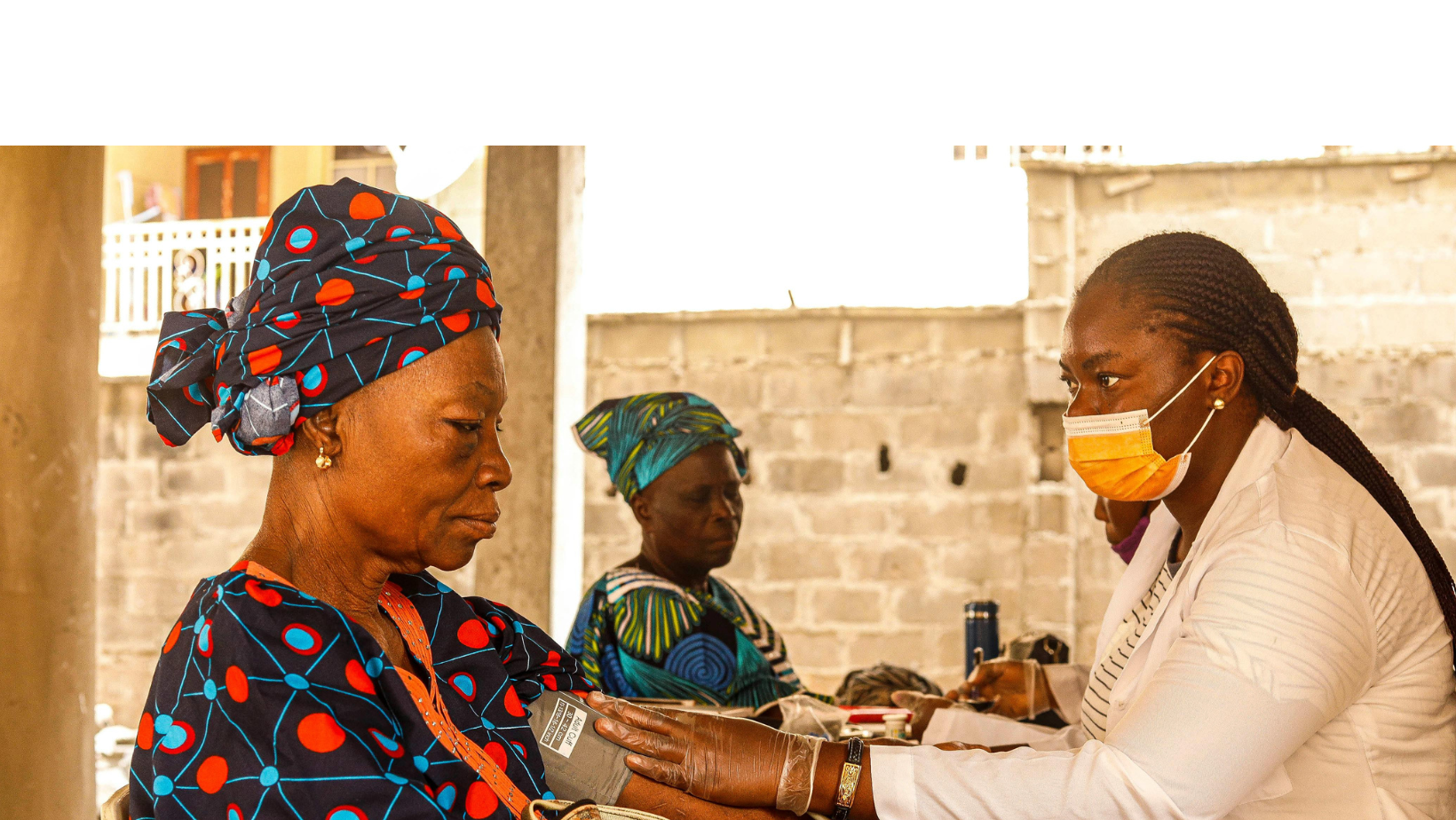
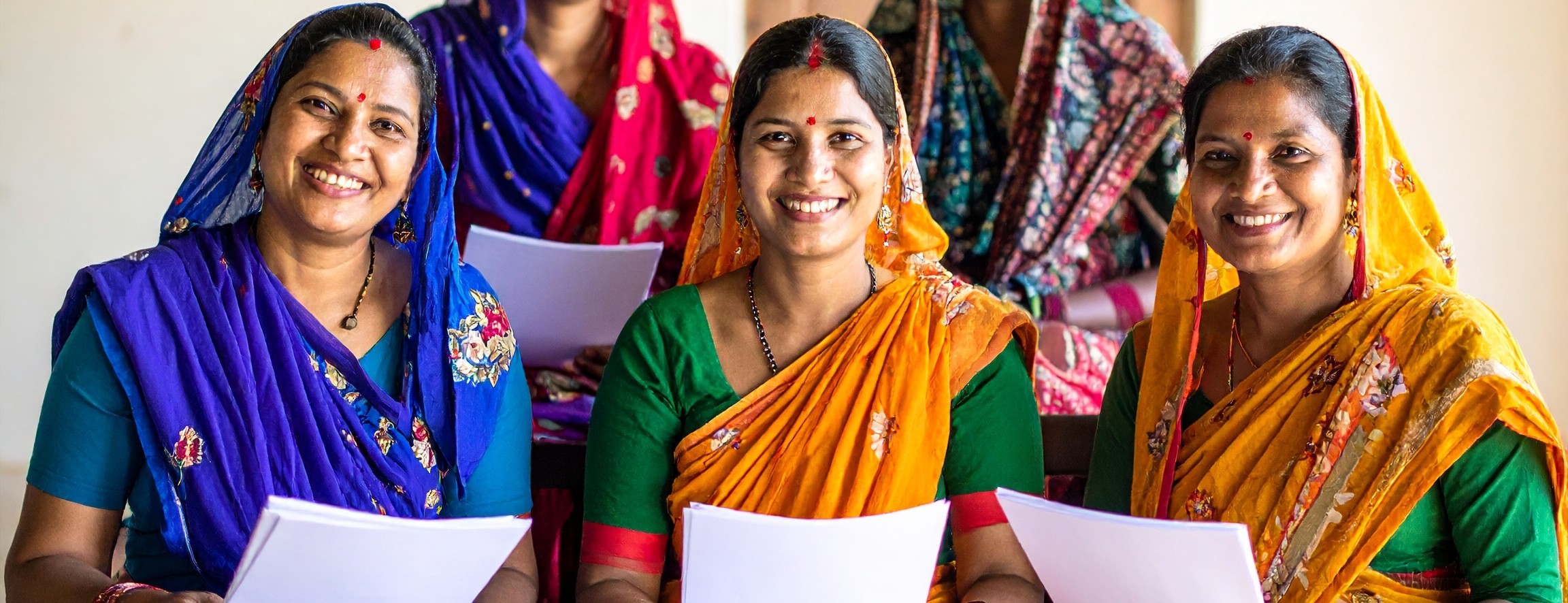









































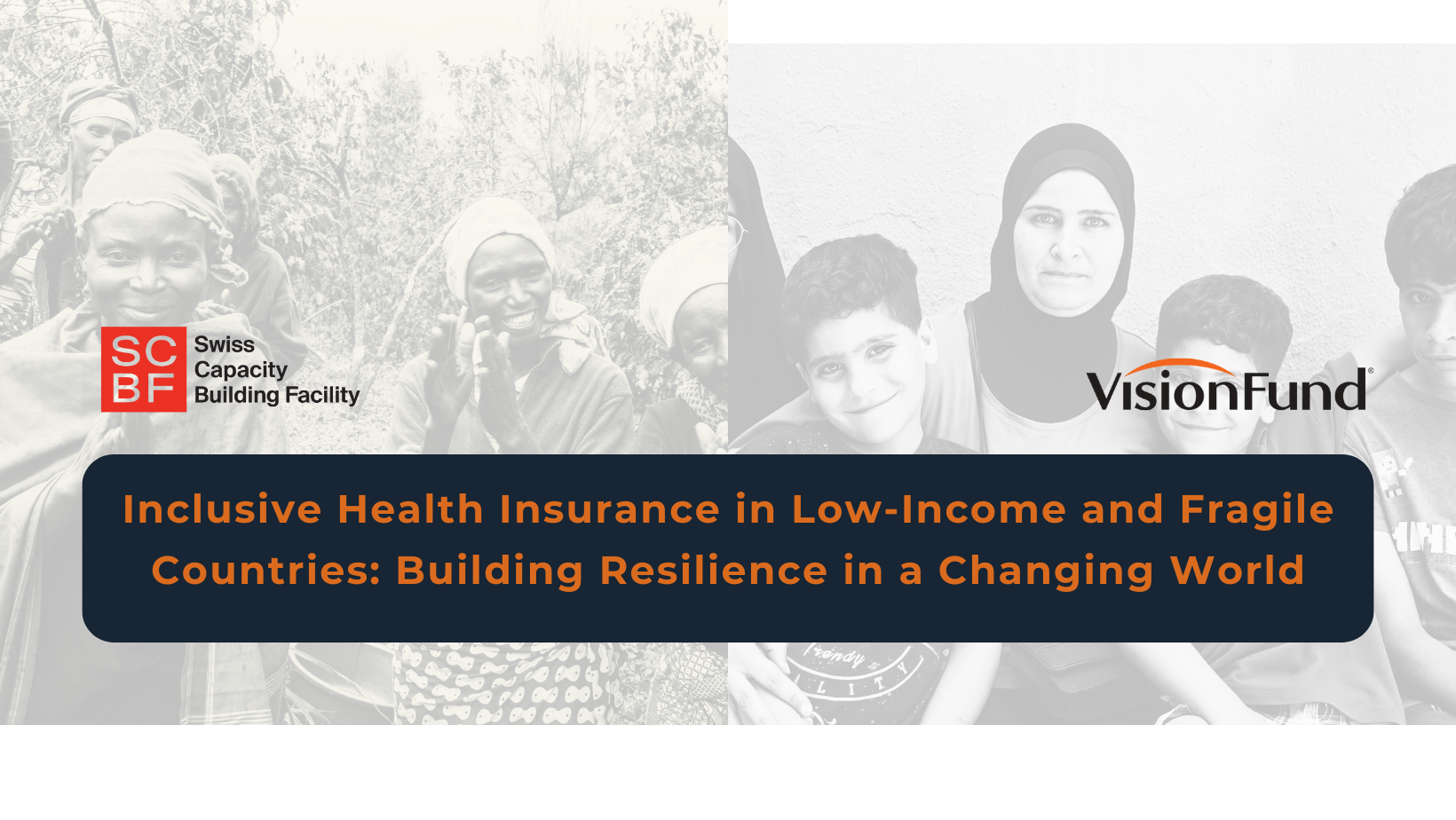









.png)








